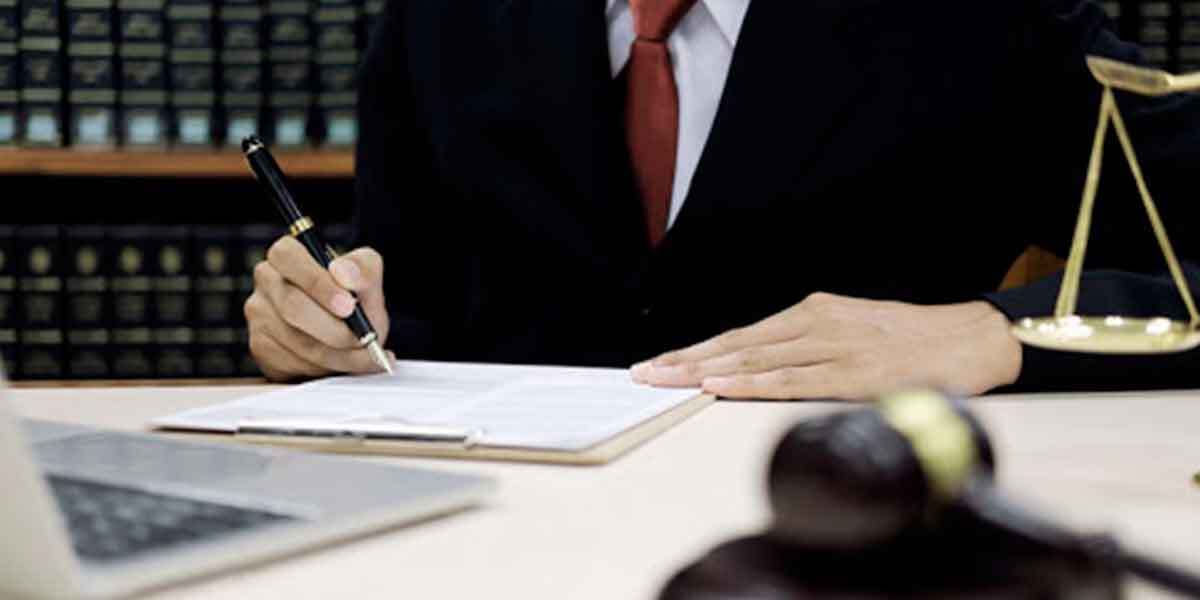Estate planning is a crucial process for individuals and families in Boston, ensuring that assets and property are distributed according to their wishes upon their passing. As estate planning attorneys based in Boston, we are well-versed in the complexities of Massachusetts law and provide the necessary guidance to navigate these legal waters. We understand the importance of protecting one’s legacy and the financial future of loved ones, which is why a comprehensive estate plan is indispensable.
Our expertise extends to creating tailored estate plans that reflect the unique needs and goals of each client. Whether it is drafting wills, establishing trusts, or managing probate proceedings, our approach is always methodical and detail-oriented. We take pride in offering peace of mind to our clients by securing their assets and ensuring that their estate is managed smoothly and efficiently.
In Boston, where the nuances of state and federal laws intersect, having a knowledgeable estate planning attorney is essential. Our commitment to providing clear, practical legal advice allows our clients to make informed decisions about their estate. By anticipating and addressing potential issues before they arise, we strive to ensure a seamless transition of assets, minimize taxes, and avoid family conflicts, thereby upholding our clients’ intentions and protecting their estate.
Understanding Estate Planning in Massachusetts
When engaging in estate planning in Massachusetts, we focus on crafting detailed wills and trusts, navigating the complex probate process, and ensuring thorough management of healthcare directives and assets. We aim to provide a solid legal framework for asset protection and the seamless transfer of your legacy.
Drafting Wills and Trusts
In Massachusetts, drafting a will allows us to direct the distribution of assets upon our death, and is essential for anyone looking to control their estate’s future. The creation of trusts can offer additional benefits, such as asset protection and avoidance of the probate process. Utilizing these instruments, drafted in compliance with Massachusetts laws and with support from institutions like Boston University School of Law, ensures our intentions are honored.
- Key Documents: Last Will and Testament, Revocable Living Trusts, Irrevocable Trusts
- Primary Goals: Asset distribution as desired, Minimization of estate taxes, Protection from legal challenges
- Considerations: Choice of a competent trustee, Inclusion of all pertinent assets, Regular updates to reflect life changes
Navigating Probate and Estate Administration
Probate is the court-supervised procedure for verifying a will and administering an estate in Massachusetts. We can streamline this process through careful planning and by understanding the Massachusetts probate code. Estate administration involves gathering assets, paying debts and taxes, and distributing what remains to rightful beneficiaries. Our expertise in trust administration plays a crucial role in this phase.
- Probate Phases: Petition Filing, Court Appointments, Asset Distribution
- Estate Administration Tasks:
- Inventory of the decedent’s property
- Payment of outstanding debts and taxes
- Distribution of assets per the will or under state law if intestate
- Trust Administration: Ongoing management of a trust’s assets, often bypassing the probate process altogether for those assets
Legal Instruments for Healthcare and Asset Management
In Massachusetts, healthcare proxies and powers of attorney are vital components of a comprehensive estate plan. These tools ensure our healthcare wishes are respected and our financial affairs are managed should we become incapacitated. Durable powers of attorney are potent directives that remain in effect even if we are no longer mentally competent.
- Healthcare Directives:
- Healthcare Proxy: Authorizes a chosen agent to make healthcare decisions on our behalf
- Advanced Directives: Communicates our wishes regarding end-of-life care
- Financial Directives:
- Durable Power of Attorney: Appoints an agent to handle our financial affairs
- Living Will: Outlines our wishes concerning medical treatment when we are unable to express our consent
By adhering to the Massachusetts Bar’s best practices in legal practice, we ensure that these documents reflect our current legal standards and effectively manage both healthcare decisions and the continuity of asset management.
Choosing the Right Estate Planning Attorney
When selecting an estate planning attorney in Boston or surrounding areas like Cambridge and New Hampshire, it’s crucial to assess their specialization, credentials, and your rapport with them. This ensures that the planning process addresses your specific needs and provides peace of mind.
Expertise and Specializations
Choosing the right estate planning attorney means looking for someone with specific expertise relevant to your situation.
- Special Needs Planning: We look for attorneys experienced in crafting plans that provide for guardianships, conservatorships, and special needs trusts.
- Family Law: In cases where family dynamics are complex, an attorney with family law experience is beneficial.
- Business Succession: For clients with business interests, it’s crucial to find a lawyer with expertise in business succession planning.
Each of these specialties ensures that our unique needs are competently addressed.
Estate Planning Lawyer Credentials and Reviews
It is vital that we examine an attorney’s credentials and reviews thoroughly.
- Credentials: We seek attorneys who are licensed in Massachusetts and have a solid track record in estate planning.
- Reviews: Checking sites like Avvo and FindLaw for reviews can offer insights into the experiences of past clients.
- Recognition: Attorneys recognized by their peers or professional organizations add a layer of confidence.
A table of credentials and reviews:
| Credential/Review Source | Importance |
| Avvo | Insights from client reviews |
| FindLaw | Professional listings |
| Bar Membership | Validation of legal standing |
| Peer Reviews | Peer-acknowledged expertise |
Consultation and Attorney-Client Relationship
Initiating a relationship with a Boston estate planning lawyer starts with a consultation.
- Free Consultation: We prefer a lawyer who offers a free consultation as it allows us to gauge compatibility without a financial commitment.
- Communication: Clear and consistent communication is essential for establishing a strong attorney-client relationship.
- Understanding: A good attorney listens and understands our goals, guiding us effectively through the planning process.
Through effective consultation, we establish a foundation that ensures our interests are understood and represented.

